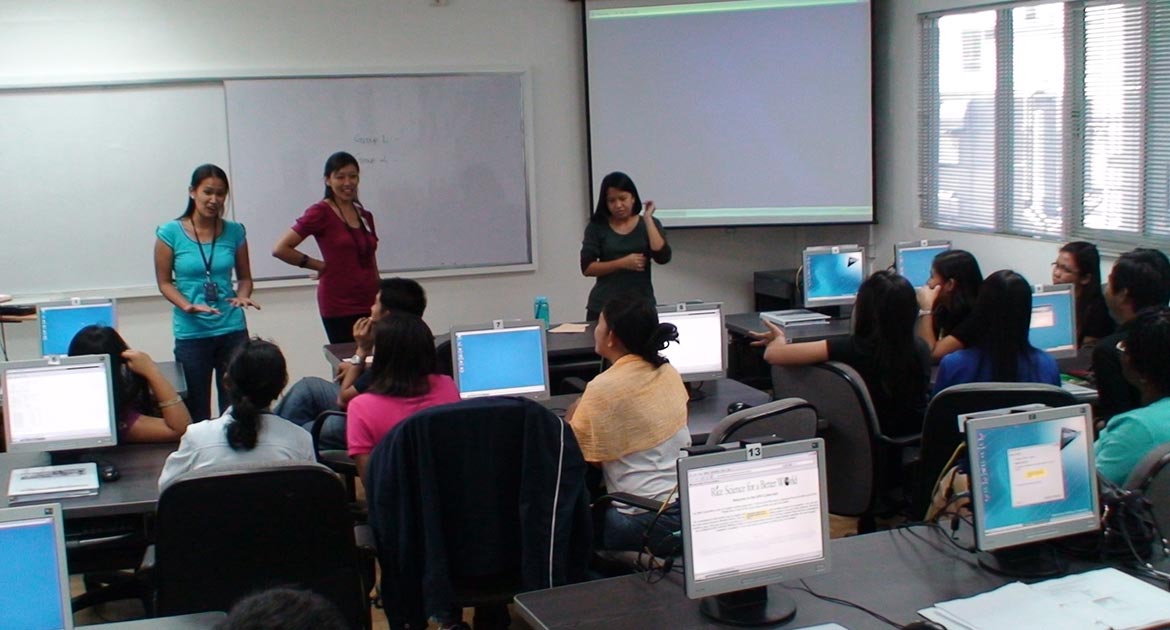This course is designed to acquaint researchers with the principles of experimental design, basic experimental designs used in crop research, analysis of variance, and correlation and regression analysis. It also introduces Statistical Tool for Agricultural Research (STAR), a user-friendly software that uses GUI created in Java and functions developed in R to assist crop scientists in the design and analysis of data. It is intended for researchers in the Agricultural and Biological Sciences. It employs a combination of lecture, group exercises, and hands-on exercises using STAR.
Objectives
At the end of the training, the participants will:
- Review basic statistical concepts
- Describe the three essential components of an experimental design and explain the importance of each component
- Identify the advantages and disadvantages of using the different experimental designs
- Generate randomization and electronic field book for basic experimental designs using STAR
- Perform project, file and data management in STAR
- Construct analysis of variance table for basic experimental designs and perform the analysis using STAR
- Perform mean comparison and partitioning of sums of squares
- Determine the appropriate transformation for a given set of data
- Discuss missing data
- Perform simple correlation and linear regression analysis
Key Modules
- Basic statistics
- Principles of experimental design
- Basic experimental designs
- Analysis of variance and mean comparison
- Partitioning sum of squares
- Data transformation
- Missing data
- Simple correlation and linear regression analysis
Notes
- Applicants will be notified thru email if they are accepted or not.
- Participants must bring their own laptop with Windows Operating System.


